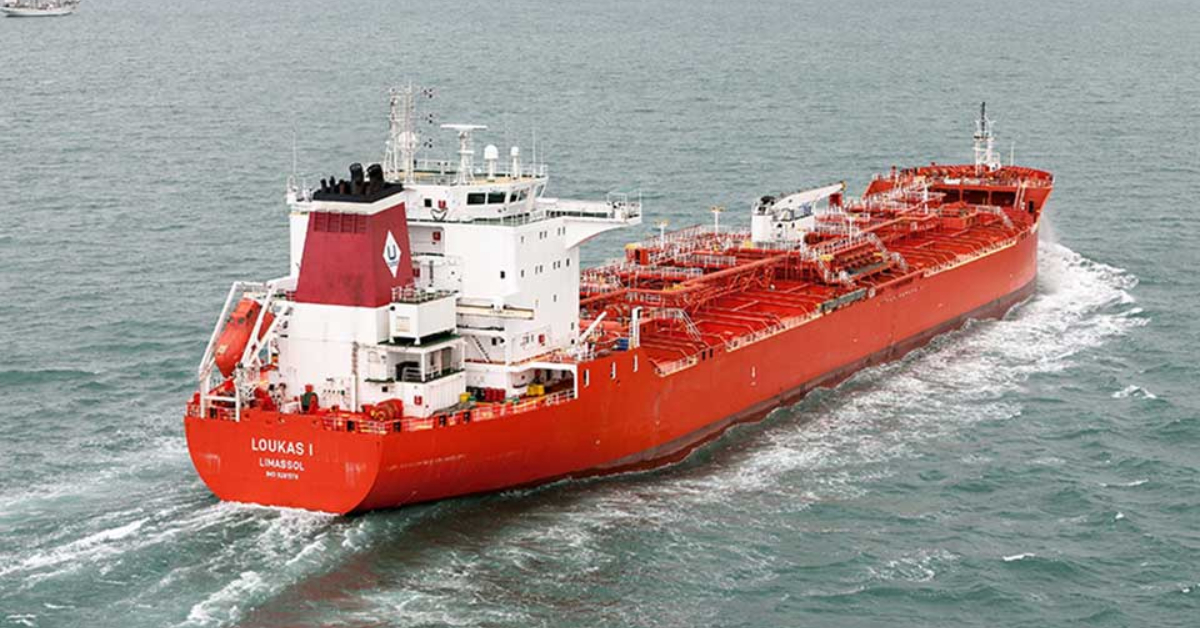Puerto Vallarta (PVDN) - The receipt of Russian fuels in Mexico could lead to a commercial and diplomatic conflict for the Government of Andrés Manuel López Obrador, mainly with the United States, its largest commercial partner . . .


Puerto Vallarta (PVDN) - The receipt of Russian fuels in Mexico could lead to a commercial and diplomatic conflict for the Government of Andrés Manuel López Obrador, mainly with the United States, its largest commercial partner . . .
